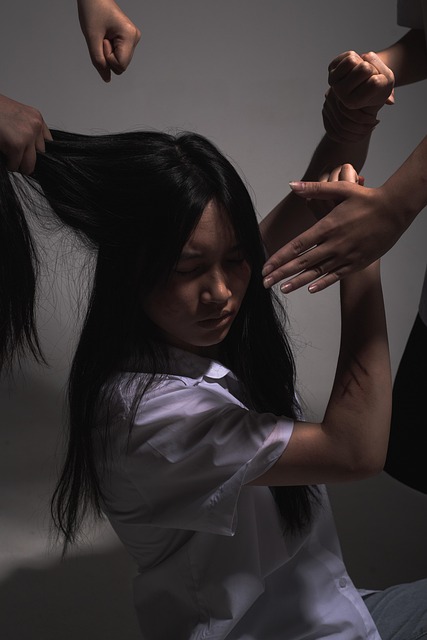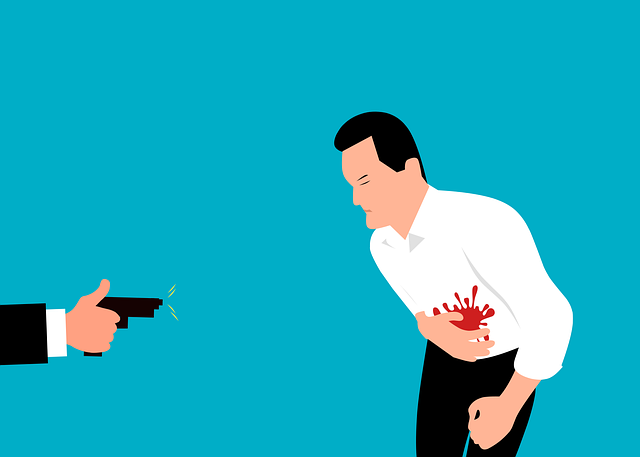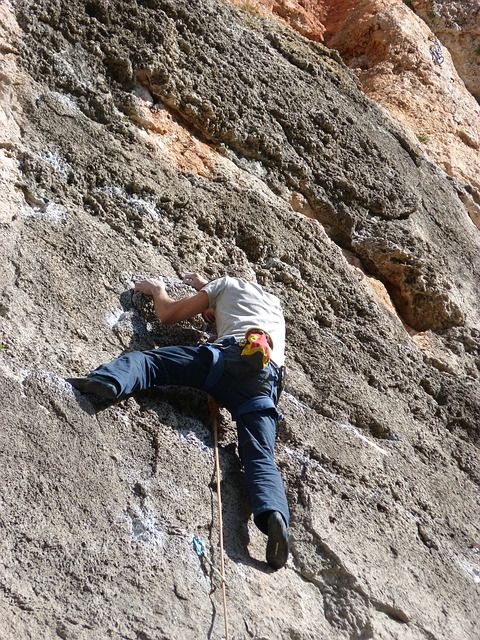Empowering Teen Challenge abuse victims through understanding their rights and building supportive networks is crucial for healing and justice. Advocacy groups encourage survivors to come forward, push for systemic changes, and create safe spaces, breaking isolation and promoting understanding to facilitate healing and accountability.
Many young people enter Teen Challenge programs seeking help, only to encounter abusive situations. Advocacy for survivors of Teen Challenge misconduct is crucial to ensure their rights are protected and they receive the support and justice they deserve. This article delves into understanding the unique challenges faced by these victims, building strong support networks, and employing effective advocacy strategies to promote healing and hold perpetrators accountable. By recognizing and addressing Teen Challenge abuse victims’ needs, we can foster a culture of safety and respect.
- Understanding Teen Challenge Abuse Victims' Rights
- Building Support Networks for Survivors
- Advocacy Strategies to Ensure Justice and Healing
Understanding Teen Challenge Abuse Victims' Rights

Understanding the rights of Teen Challenge abuse victims is a crucial step in supporting their healing and justice. When faced with misconduct, survivors have the right to be believed, respected, and heard. They are entitled to safety from further harm and access to appropriate support services, including counseling and legal aid. It’s important to recognize that these victims may experience a range of emotions, from fear and shame to anger and confusion, and they deserve an environment free from judgment for sharing their stories.
Knowing their rights empowers survivors to take action. They have the ability to report misconduct, seek legal redress, or pursue civil litigation to hold accountable those who have caused them harm. Support systems can be vital in this process, offering guidance, advocacy, and a safe space to express trauma. By understanding these rights, friends, family, and advocates can ensure that Teen Challenge abuse victims receive the care and justice they deserve.
Building Support Networks for Survivors

Building support networks is an essential aspect of healing for survivors of Teen Challenge misconduct. After experiencing abuse, having a strong support system can significantly aid in their journey towards recovery and rebuilding their lives. This network can include trusted friends, family members, or even support groups specifically designed to help teen challenge abuse victims. Such networks provide a safe space where survivors can share their experiences, receive empathy, and gain valuable insights from others who have faced similar challenges.
Support networks play a crucial role in empowering survivors to speak up about their misconduct experiences, offering protection, and encouraging them to pursue legal actions if necessary. Many survivors find solace in connecting with peers who understand their struggles, fostering a sense of belonging and encouraging resilience. These connections can help break down feelings of isolation often experienced by abuse victims, providing a foundation for healing and personal growth.
Advocacy Strategies to Ensure Justice and Healing

Advocacy for survivors of Teen Challenge misconduct is a vital step towards ensuring justice and healing. Survivors often face significant challenges in speaking out due to fear, shame, or a lack of understanding from the wider community. Therefore, advocacy groups play a crucial role in providing support, encouraging them to share their stories, and pushing for systemic changes within the organization.
Effective advocacy strategies include raising awareness through public campaigns, lobbying for policy reforms that protect vulnerable young people, and offering legal assistance to help victims pursue justice. Additionally, creating safe spaces where survivors can connect and share experiences fosters a sense of community, enhancing their resilience. By employing these strategies, advocates aim to not only hold Teen Challenge abuse victims’ abusers accountable but also to promote widespread understanding and empathy for their lived experiences.
Survivors of Teen Challenge misconduct deserve justice, healing, and a voice. By understanding their rights, building strong support networks, and employing effective advocacy strategies, we can ensure that these individuals receive the care and recognition they rightfully earn. It’s time to shine a light on the challenges faced by Teen Challenge Abuse Victims and work towards a future where no one endures such trauma without hope and support.
